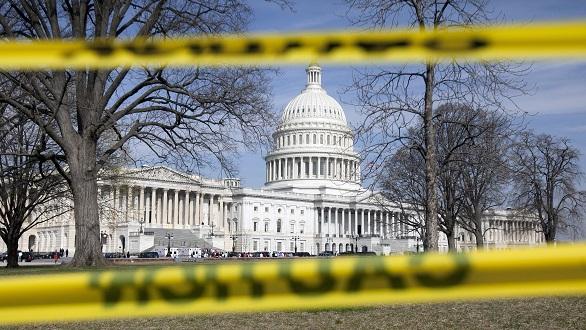National Association of REALTORS® Senior Vice President of Government Affairs Shannon McGahn said a deal reached between President Donald Trump and congressional leaders to reopen the federal government for 21 days while they negotiate a long-term funding agreement is a welcomed development.
“Although the direct impact on real estate markets has so far been limited, the broader economic impacts of the shutdown, if it persists, will be very damaging to real estate transactions of all kinds,” said McGahn.
NAR research has found that about 11 percent of its members have had transactions delayed as a result of the shutdown, now in its fifth week, and another 11 percent said their customers are opting out until the uncertainty clears.
“The housing industry was already facing market challenges before any government closure,” said Lawrence Yun, NAR chief economist. “A home purchase is a major expenditure that simultaneously involves a high level of excitement and anxiety, and the shutdown adds another layer of unnecessary complication to the homebuying process. It is causing tangible harm to potential buyers, the real estate market, and economic growth.”
Most directly, the shutdown has resulted in a complete halt to processing of federally backed Rural Housing Service loans, which in many rural areas is one of the few affordable mortgage options available to home buyers. Each home mortgage loan originated under that program requires federal approval, but staff at the agency have been furloughed.
More broadly is the effect the shutdown is having on consumer confidence and the economy. As furloughed employees and government contractors miss payments, and as real estate transactions slow, industries dependent on real estate also slow, leading to a broader slowdown. Yun pointed to estimates that a 0.5 percentage point drop in U.S. economic growth this year will be directly attributable to the shutdown.
“The longer the shutdown, the more impact from it,” said Yun.
The agreement announced by Trump still has to be passed by both houses of Congress. The Senate passed the measure January 25. The House is expected to take it up as soon as possible. Once the measure passes the House, it must go to Trump for his signature. Then negotiations begin for a budget deal to fund the government long-term, after the Feb. 15 expiration of the stopgap measure.
NAR will continue to monitor the situation and work with federal agencies to minimize the impact on real estate should the government face another budget impasse.













